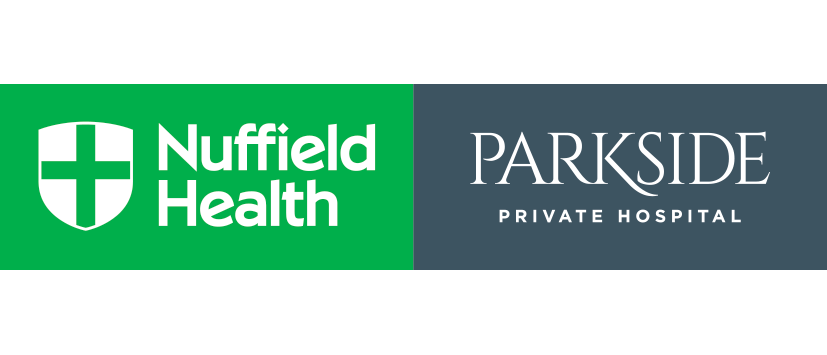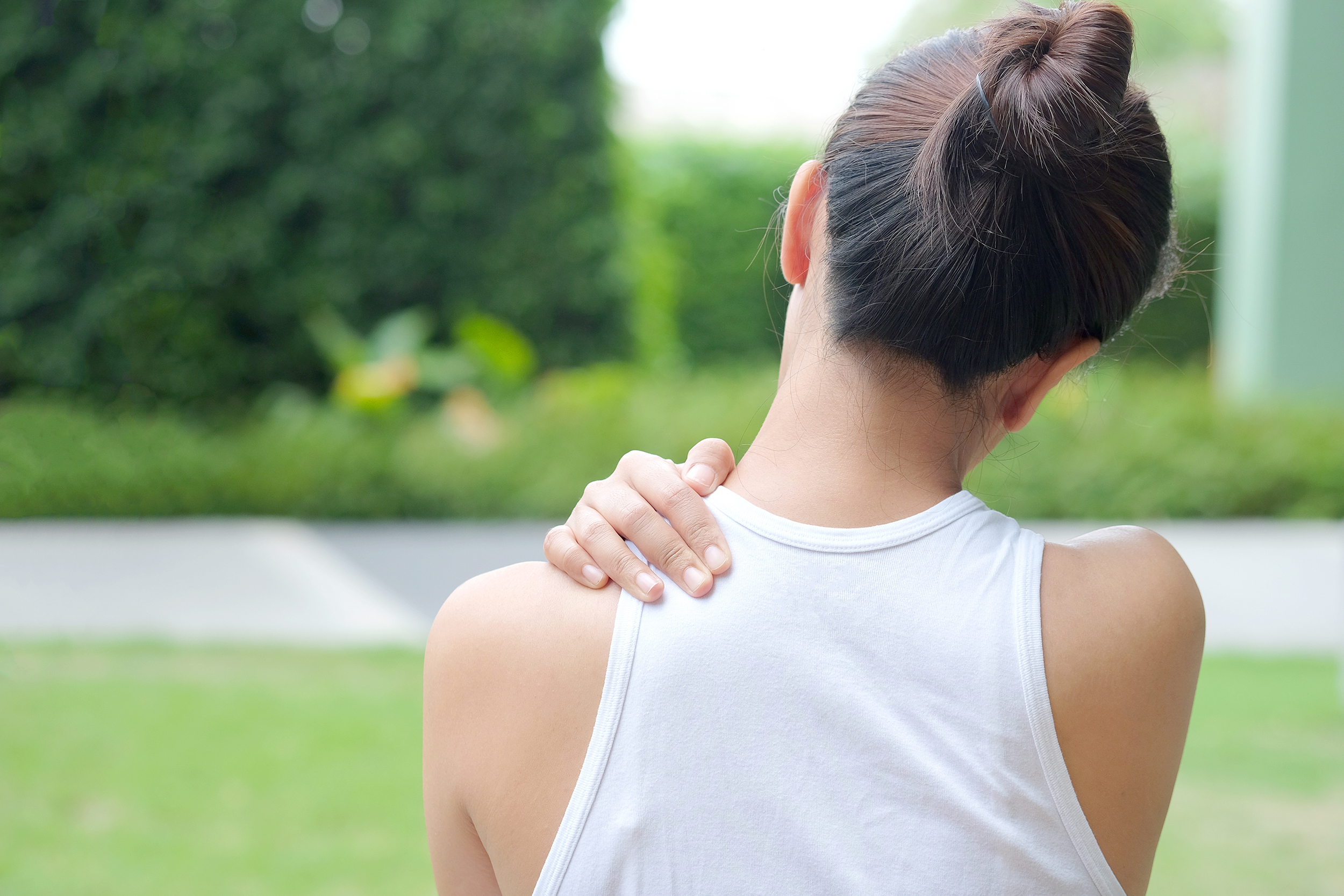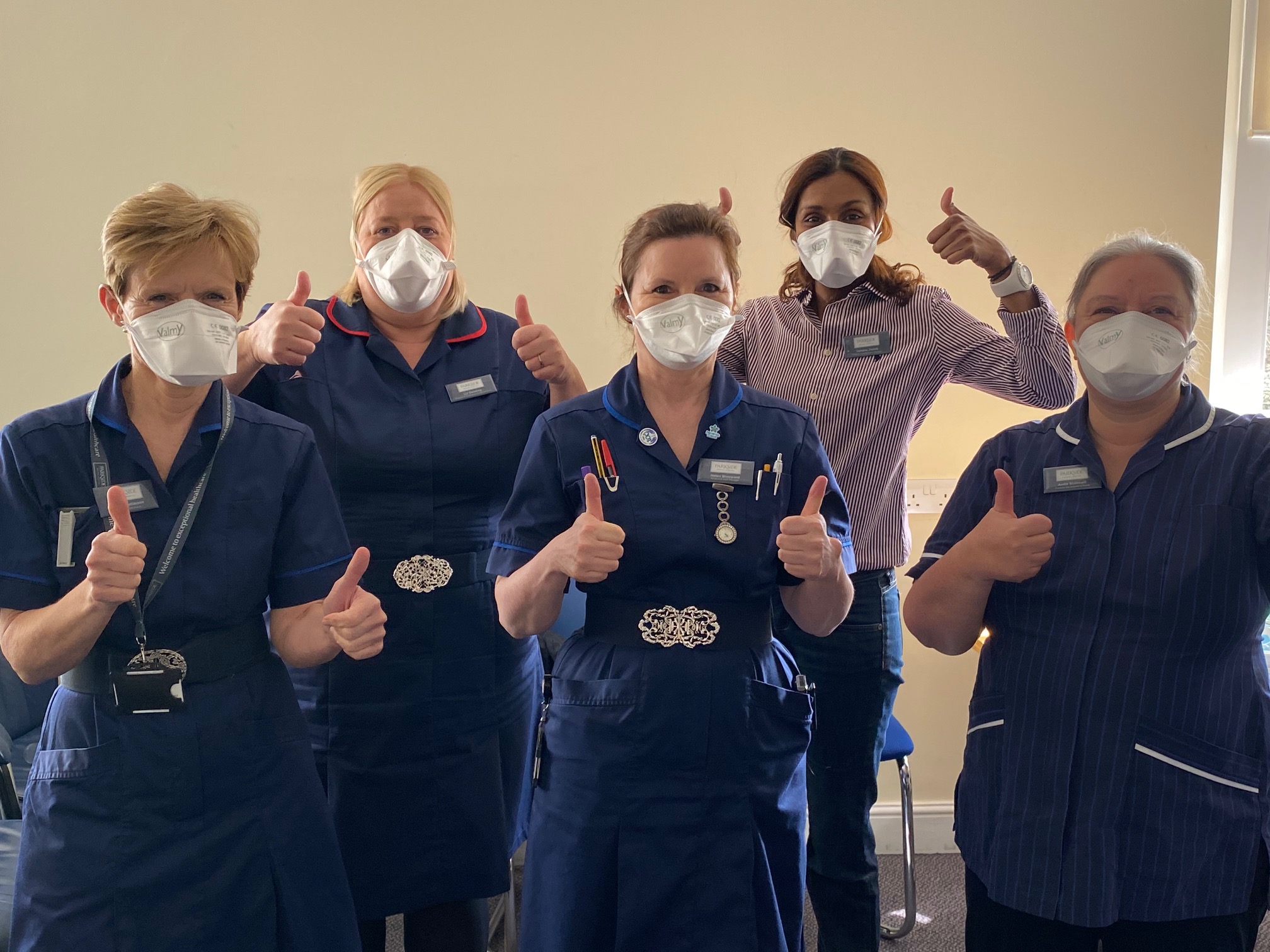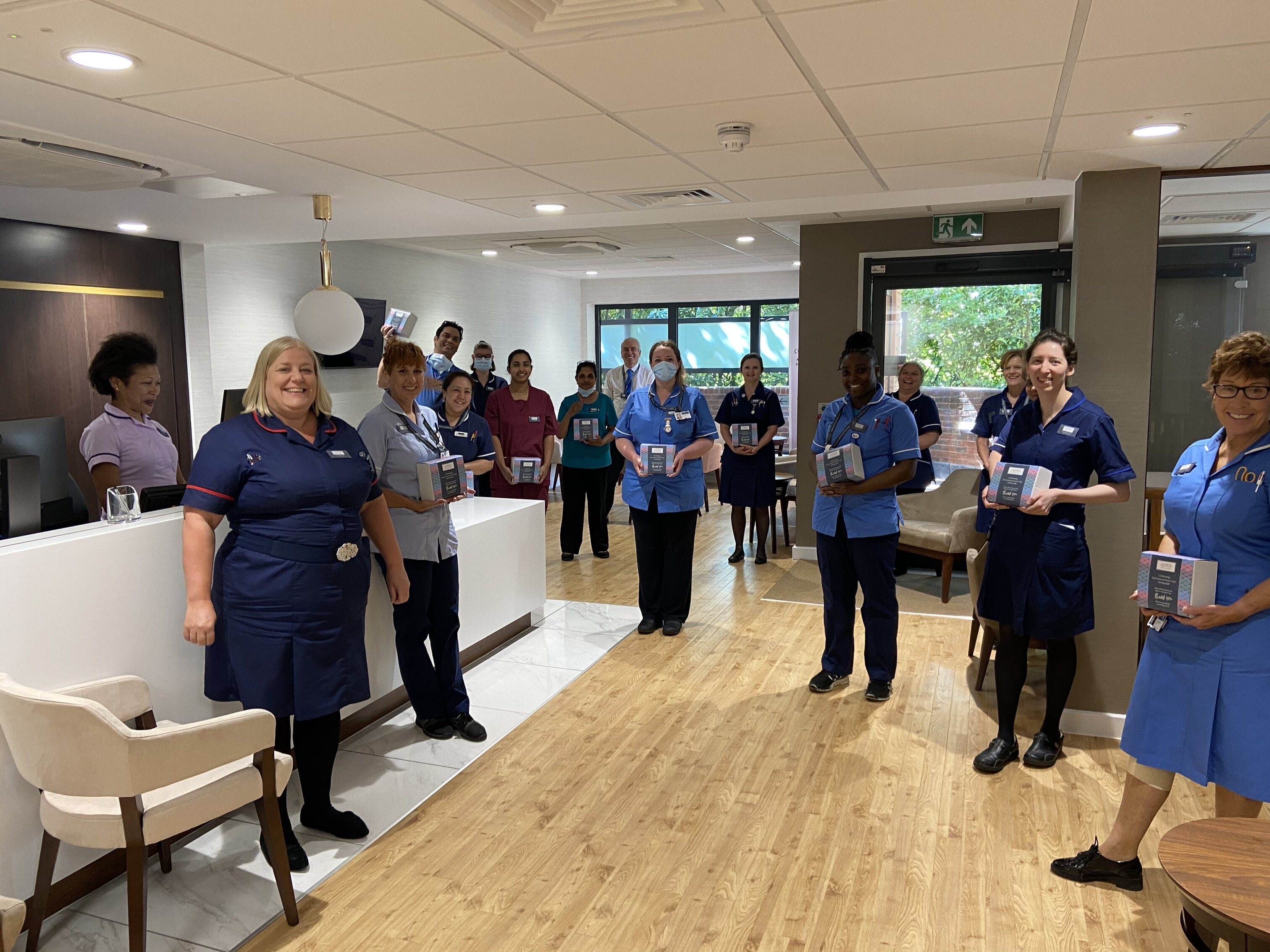We have all got used to a different way of living and working during the COVID pandemic restrictions. This has the potential to cause all sorts of musculoskeletal problems, such as back pain and neck pain. But did you know the shoulder and arm are prone to develop problems due to inactivity, and even worse when activity is resumed?
Now that we are trying to restart a more normal lifestyle following on from ‘Freedom Day’, Mr Nashat Siddiqui, Consultant Upper Limb Orthopaedic Surgeon, shares a few tips on how to prevent and treat shoulder and arm problems:
-
- If you are still working from home, even for a few days a week, make sure your seating and desk position is optimised. Ideally you should have a separate screen and keyboard rather than laptop, and try and avoid working in a slouched position such as on the sofa. You should be sitting upright on an adjustable chair with your feet flat either on the ground or on a footrest. Knees should be roughly at a right angle. Your arms should be able to rest gently on the table, and gel pads along the front of the keyboard and mouse pad to rest your wrists will take some of the weight off your shoulders and neck. There are lots of examples of good seating positions on the internet, such as The Desk Test.
- A recent paper has shown that ergonomic adjustments were better at reducing shoulder, neck and back pain compared to an unadjusted seating position for those working more than 20 hours a week.
- Take regular breaks to stand up and have a stretch, starting with your ankles and legs; gentle low back bending and twisting movements; shoulder shrugs and circles, elbow and wrist stretches; and gentle neck stretches. Avoid big circular neck movements unless your neck is supple, start with bending forwards and backwards, tilting side to side, and looking left and right.
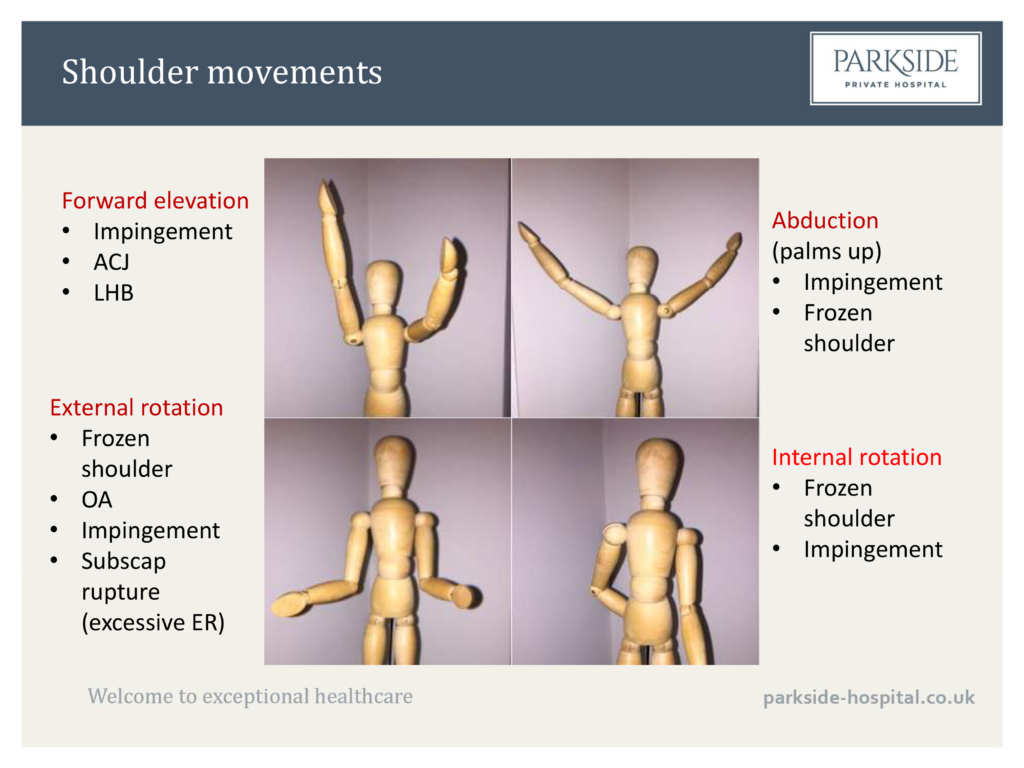
- A recent study has shown that shoulder blade and posture strengthening exercises were the best at reducing pain in desk workers.
- When returning to commuting avoid carrying a heavy bag on one side – keep it light or swap to a rucksack using both straps. Don’t reach across or behind in a car to lift a heavy bag as this puts excessive strain on the shoulder.
- Exercising is a good idea but be careful about the type of exercise and intensity. The number of shoulder injuries has increased as COVID precautions have eased over the past few months.
- If you already had an exercise regime before the COVID lockdown then it is generally safe to resume it, although at a much gentler pace, using lighter weights at the gym, or shorter runs/bike rides etc. Aim to increase the intensity/weight over at least one month before unleashing your full athletic capabilities!
- Exercising too hard too soon can cause muscle and tendon injuries, as well as building the wrong muscle groups causing an imbalance that can take a long time to treat. Sometimes surgery is needed to treat tendon and ligament injuries, even in those who have previously been fit and healthy.
- You may have seen corrective braces being sold online that help correct your shoulder position and neck position. I would not recommend their use as they can result in poorer posture if fitted incorrectly, and also lead to your own muscles weakening as they are no longer being used as much, making you even more prone to injury as soon as you stop wearing the brace.
- If you do develop shoulder/arm/neck pain you should seek help sooner rather than later, as there are often some simple steps that can be taken to remedy the situation. Seeking out a physiotherapist with expertise in treating in shoulder problems should be your first step. Usually, 4-6 weeks of a supervised exercise regime is sufficient to relieve most of the symptoms. If pain persists then see a shoulder surgeon rather than waiting several months, as there may be something that needs investigating and possibly treating with injections or even surgery, and that can worsen over time if left untreated. If pain is severe then see a shoulder surgeon before having physiotherapy.
Hopefully, this advice will reduce your chances of developing a shoulder problem now and in the future. I can be contacted through Parkside hospital or my secretary Annabel on 07837 135692 if you have any specific questions or need further advice.
